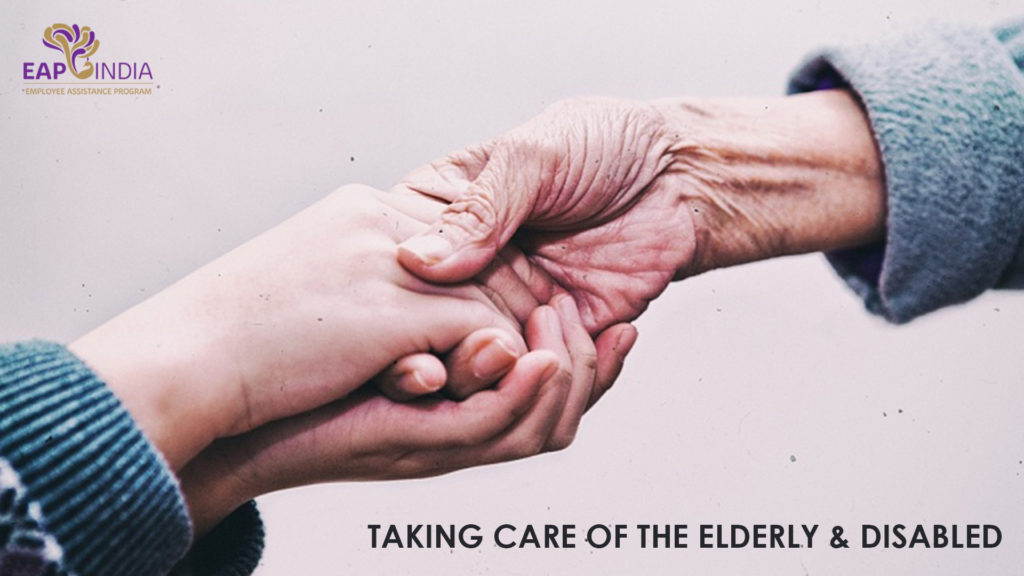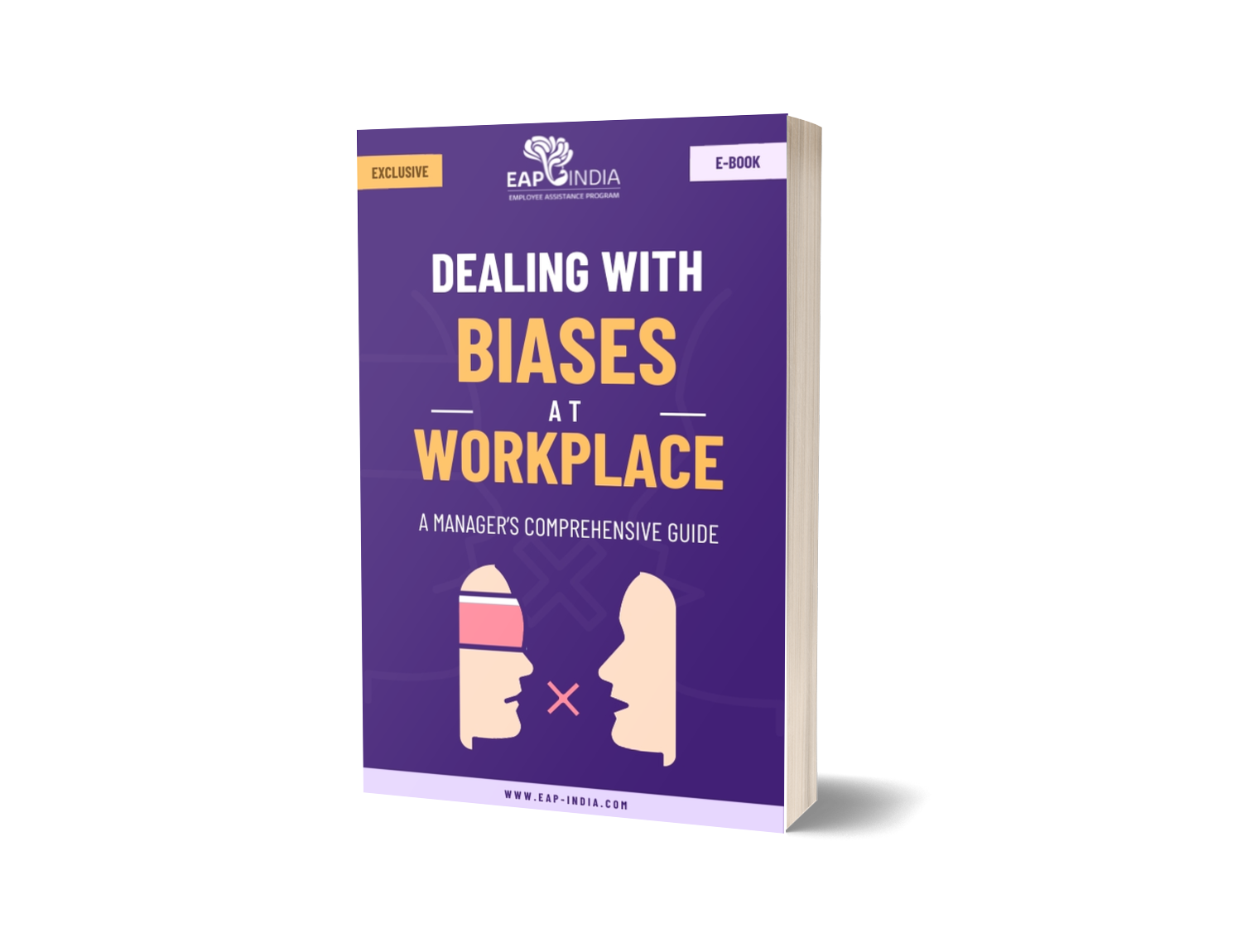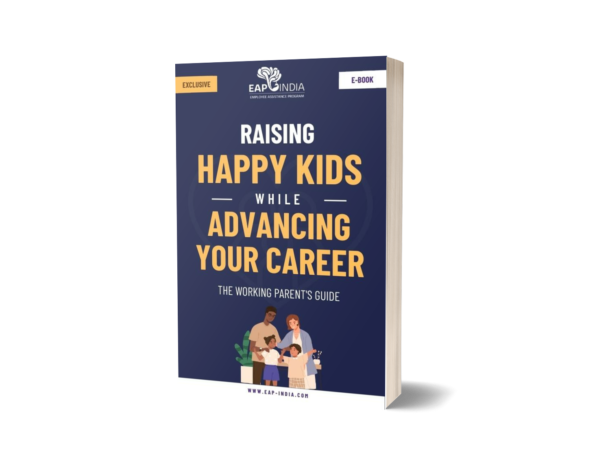Taking care of people with disabilities and people who are aged is thoughtful and loving, but this experience as a caregiver can be physically and emotionally tiring.
It is best to take a break at times and give yourself some time to rest and spend time doing other things you enjoy. Rest does not always mean catching up with sleep, it can also be allowing yourself with some headspace to sit and do nothing for the day. It is a fact that you would be better support for the person you are caring for if you are at peace with yourself.
As a caregiver, you may be the one helping with shopping and personal hygiene, household duties, being their friend and providing them with emotional support. Some of you might live with the person you are taking care of and land up sharing responsibilities of the same with other members in the family.
Both the elderly and the disabled have needs, and there is a desire for those needs to be met by the caregiver. In many cases, it is seen that the basic emotional and physical needs of the person are not fulfilled by the family or the caregiver.
Focusing on the needs of people whether the elderly or the disabled can be a difficult task for those providing close care, it does get difficult as you too have many other things to manage. You may have office hours to complete, a spouse to spend time with, have kids to take care of and other household chores. One thing to remember as a caregiver is that learn to focus on the needs of the person that you are taking care of and not just what you think is best for yourself while taking care of them.
-
Confidence
While caring for people, you need to help them regain their confidence. You will be able to do so by showing them respect. This can cause them a whole lot of difference in the way they feel about themselves.
While caring for them in their own homes, you can support them by helping them complete some tasks on their own; you could even sit with them for a few minutes and have a conversation over things they find interesting. It is important to understand that most of them have lack confidence, due to not being in control of many things anymore and for the same reasons find it difficult to have to listen to you and take orders. Thus, make sure you show them respect and help them build their confidence and help them feel capable of doing things themselves.
-
Patience
People can sometimes become a little grumpy and some may easily forget things. These are merely a display of the decline in their cognitive abilities.
They may say things you don’t agree with or things that annoy you, but you have to remain calm and try to understand what they are trying to convey.
Be Patient! Understand that at times they may also seem to act like babies, but this kind of behaviour is never intentional. Learn to be kind, patient and empathetic.
-
Be A Listener
Be a great listener and respond, this is vital. Be like a friend to them and hear them out, speak to them about experiences you both share or have in common. However, do take care and do not cross your boundaries when it comes to sharing private things.
As a caregiver, do not share too much of your private life that you would not with others. Elderly and disabled people might have issues at home and may end up telling you about it. Be present and hear them out. Also, for those who take care of people within their families and have them talk about family disputes, try being a listener and not a solution giver or an advisor. Most of them just want to be heard. Be available and help them with a sound mind. There may be times that they might say they would not need your help but its best for you to be the judge of this as you know better as to what they are capable of and what they are not.
-
Trust
Elders and the disable people require you as their caregiver to trust you to show them gratitude and grace when things around them are making them difficult. For some, they may not be able to move but insist on it. Be understanding and help them realise that they aren’t incompetent. To be able to make them understand that it’s okay to feel like the way they feel and that there is nothing wrong in not being able to move around much and that you look at them as any other person.
Conclusion
Caring for the elderly and disabled at home can be quite a challenge for caregivers. However, one can make it easy for themselves by reminding them that most people do not ask for much.
They simply want to be heard, want to feel like they are the humans they were during their younger age, and they want you to care for them in a way they deserve.
If you take enough time to listen to their needs and communicate with them, you will see that caring for the elderly and disabled can be a simple, easy and totally rewarding experience for the person you are looking after and you.







